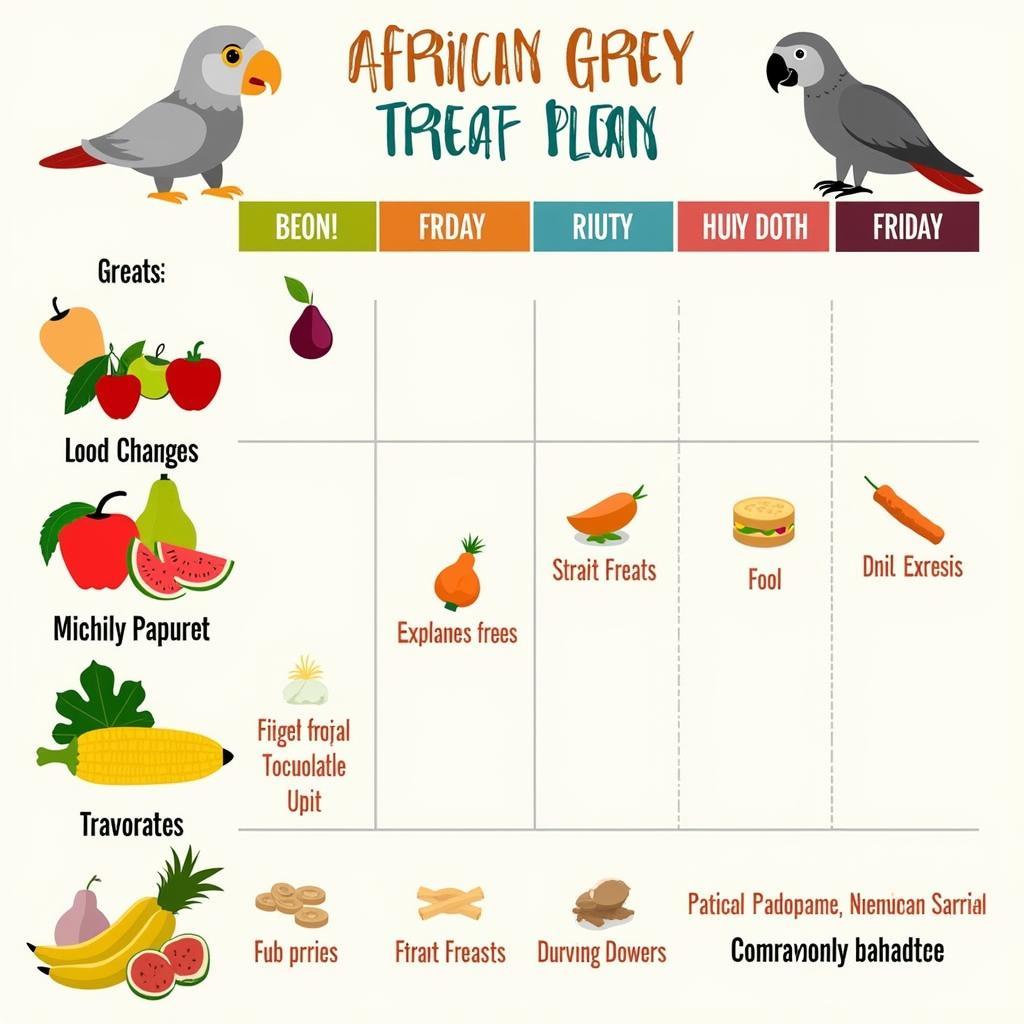Unveiling the African Fruit Medlar Flower
The African Fruit Medlar Flower, a captivating blossom from the heart of the continent, offers a glimpse into the rich biodiversity and cultural significance of African flora. This article explores the fascinating world of the medlar flower, from its botanical characteristics to its traditional uses and symbolic meaning in various African communities.
The Beauty and Botany of the African Fruit Medlar Flower
The African fruit medlar ( Vangueria infausta) is a small to medium-sized deciduous tree, known for its distinctive flowers and edible fruit. The medlar flower is small, greenish-white, and subtly fragrant, often blooming in clusters. These delicate blossoms attract various pollinators, contributing to the ecological balance of their native habitats. The flowers ultimately give way to the medlar fruit, a small, round fruit, green when young and turning reddish-brown when ripe.
Traditional Uses and Cultural Significance
The medlar tree and its flowers hold a significant place in various African cultures. Traditional healers have utilized different parts of the tree, including the flowers, for medicinal purposes. Some communities use infusions made from the flowers to treat ailments like coughs, colds, and stomach problems. Beyond its medicinal uses, the medlar flower also has symbolic meaning in certain cultures, often associated with fertility and abundance.
What are the Key Characteristics of the African Fruit Medlar Flower?
The African fruit medlar flower is small and unassuming, yet plays a vital role in the life cycle of the medlar tree. They are typically greenish-white, sometimes tinged with yellow, and possess a subtle, sweet fragrance that attracts pollinators. The flowers grow in clusters, enhancing their visual impact and making them a source of nectar for various insects and birds.
Understanding the Medlar Fruit’s Development
Following the flowering stage, the medlar tree bears fruit. The fruit initially appears green and gradually matures to a reddish-brown color when ripe. The ripe fruit is edible, offering a unique flavor profile often described as tart and slightly sweet.
“The medlar fruit is a hidden gem of African cuisine,” says Dr. Anika Nkosi, ethnobotanist and expert on African plant uses. “It offers a distinctive taste experience and is rich in nutrients.”
The Medlar Flower in Modern Research
Recent scientific research has begun to explore the potential pharmacological properties of the African fruit medlar flower. Studies are investigating the flower’s potential antioxidant and anti-inflammatory properties, further highlighting the importance of preserving and understanding traditional knowledge related to African medicinal plants.
Conclusion
The African fruit medlar flower, although small and unassuming, represents a significant aspect of African biodiversity and cultural heritage. From its traditional medicinal uses to its symbolic meaning, the medlar flower highlights the interconnectedness between nature and human life in Africa. As research continues to unravel the potential benefits of this unique blossom, the African fruit medlar flower promises to hold a prominent place in the future of both traditional and modern applications.
FAQ
- What does the African fruit medlar flower look like? The flowers are small, greenish-white, and grow in clusters.
- What is the traditional use of the medlar flower? It’s used in some communities for medicinal purposes, treating ailments like coughs and colds.
- Is the medlar fruit edible? Yes, the ripe fruit is edible and has a unique flavor.
- What is the symbolic meaning of the medlar flower? In some cultures, it’s associated with fertility and abundance.
- Is there any ongoing research on the medlar flower? Yes, studies are exploring its potential pharmacological properties.
- Where can I find the African fruit medlar tree? It is native to various regions in Africa.
- How can I learn more about traditional African plant uses? Research ethnobotany and consult with experts in the field.
Need Help?
For any inquiries or assistance, please contact us: Phone: +255768904061, Email: kaka.mag@gmail.com, or visit us at: Mbarali DC Mawindi, Kangaga, Tanzania. Our customer support team is available 24/7.
